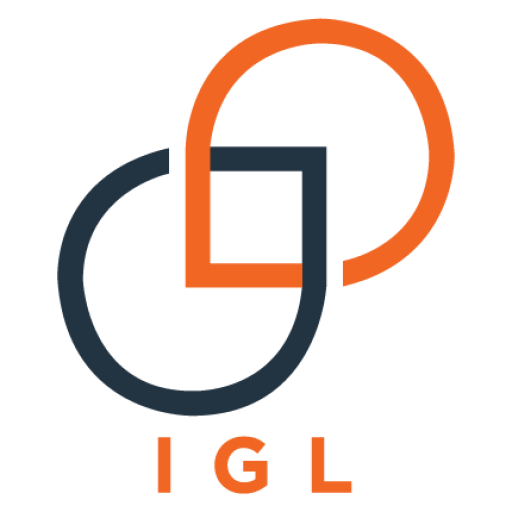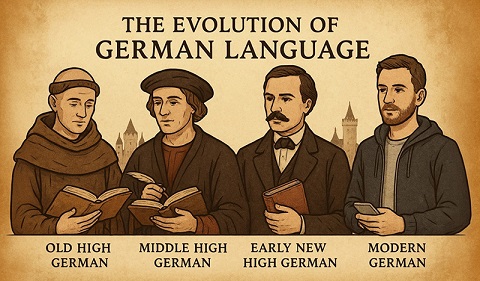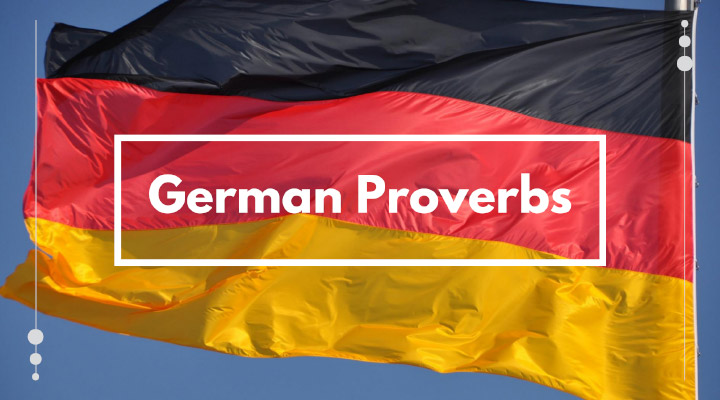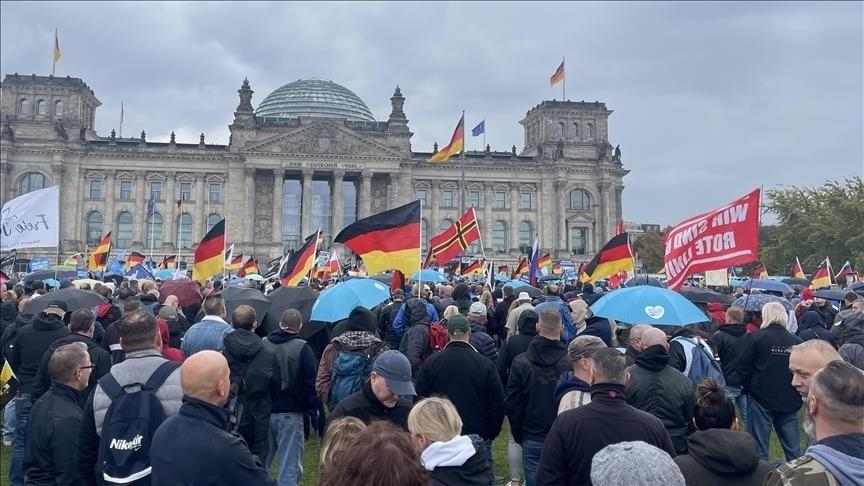
The Impact of Immigration on the German Language Today
October 29, 2025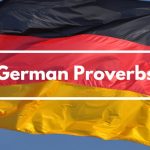
Famous Quotes and Proverbs in the German Language
November 4, 2025Language is far more than a tool for communication; it’s the heartbeat of a nation’s identity. It carries within it centuries of culture, shared values, and historical memory. The German language is a perfect example of this. It not only unites millions of speakers across Germany, Austria, and Switzerland but also stands as a powerful symbol of cultural pride, discipline, and intellectual tradition. Around the world, including South Asia, learners of the German language in Karachi and beyond are discovering how deeply it connects them to the nation’s history and cultural heritage.
The Power of Language in Defining Identity
Language and identity are inseparable. A nation’s language shapes how its people think, express emotions, and view the world. The German language, with its precise structure and expressive vocabulary, reflects the values of order, creativity, and depth that define German culture.
Learning the German language gives individuals a deeper understanding of Germany’s rich cultural and intellectual legacy, from its art and literature to its innovations in science and philosophy. Whether through a language course in Karachi or abroad, learners can feel this cultural connection unfold with every new word they master.
Evolution of the German Language
The German language has evolved over a thousand years, tracing its roots to Old High German and Middle High German before taking its modern form. This linguistic evolution played a crucial role in forming a sense of unity among various Germanic tribes and regions.
Thinkers and writers like Johann Wolfgang von Goethe, Immanuel Kant, and Friedrich Schiller used the language to express philosophical and literary ideas that would later shape European thought. Through their works, the German language became a vessel for shared national pride, intellectual progress, and cultural identity, helping define what it meant to be “German.”
The German Language as a Symbol of Unity and Pride
After centuries of regional fragmentation, the German language became a cornerstone of national unity. Even before Germany’s political unification in 1871, a shared language helped bind people together through education, literature, and music.
In post-war Germany, it also became a tool of rebuilding, symbolizing resilience and a renewed national identity. Today, whether it’s in global literature, business, or technology, the language continues to represent the values and achievements of a modern, united Germany.
How the German Language Reflects Values and Traditions
Every language carries the essence of its people, and the German language is no exception. Known for its precision and structure, it mirrors the German traits of efficiency, order, and discipline. Unique words like Gemütlichkeit (a sense of warmth and coziness) and Schadenfreude (pleasure from another’s misfortune) express emotions that are hard to translate, revealing cultural nuances deeply rooted in the German psyche.
These linguistic details show that the German language is not just a medium of expression, it’s a reflection of Germany’s national character, its respect for detail, and its appreciation of both intellect and emotion.
The German Language Beyond Borders
In today’s interconnected world, the German language extends far beyond Europe. It’s one of the most studied foreign languages globally, valued for its use in business, science, and diplomacy. From entrepreneurs to students, people worldwide are recognizing the benefits of learning it.
For instance, those seeking to study or work in Germany often start their journey with a German language course in Pakistan. Many learners enroll in a language course in Karachi, where professional institutes like IGL offer structured training to help students master speaking, reading, and writing skills. Whether you’re searching for a German language course near me or planning to study abroad, learning German opens doors to countless opportunities.
The German Language in a Multicultural Germany
Modern Germany is a vibrant multicultural society, and the German language continues to evolve with it. Immigration, globalization, and digital communication have introduced new words, phrases, and dialects. Yet, even as it adapts, the language remains deeply tied to its roots.
This balance between tradition and innovation is what keeps the German language alive and relevant, a living symbol of Germany’s identity in a changing world.
A Bridge to Cultural Understanding
Learning a new language isn’t just about vocabulary, it’s about seeing the world through another culture’s eyes. Enrolling in a language course near me or joining a language institute in Karachi can help bridge that gap.
If you’re in Pakistan, the IGL German Language Institute stands out as the best German language institute in Karachi. With expert instructors, practical learning modules, and a focus on cultural immersion, IGL makes learning German both enjoyable and effective. Whether you’re a student, traveler, or professional, a German language course in Pakistan at IGL connects you to the traditions, art, and people of Germany.
The Enduring Power of the German Language
The German language is more than just words, it’s a living reflection of a nation’s history, values, and vision. From its literary roots to its role in global communication today, it continues to shape both national and personal identities.
If you’re inspired to explore the beauty and depth of German culture, take the first step toward fluency. Enroll today at IGL, the best German language institute in Karachi, and begin your journey into Germany’s linguistic and cultural heritage. Experience how learning the German language can connect you to a world of knowledge, opportunity, and cultural understanding.
